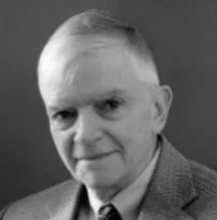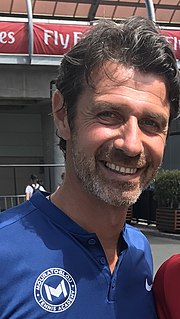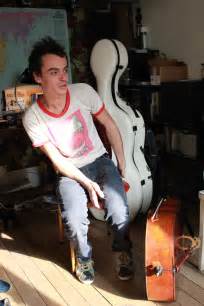A Quote by Nicholas Kristof
The great divide is not between faiths, but one between intolerant zealots of any tradition and the large numbers of decent, peaceful believers likewise found in each tradition.
Related Quotes
By 18th century standards, they [Great Britain] were the freest, most dynamic, most willing to challenge tradition and authority. They had the highest wages and highest living standard, and probably the most engagement between the populace and the government of any country. Then the United States took those same qualities to the nth degree, and the British were suddenly appeared stodgy and tradition-bound.
The Western music tradition is mostly addressed to a public that has a critical mind, and judges the quality of the writing, of the interpretation. And I think it is a great tradition! It pushes the musicians to always go further, and to never stop pushing the limits and explore what can be done with sounds. And great pieces of art were born from that tradition.
Those who feel guilty contemplating "betraying" the tradition they love by acknowledging their disapproval of elements within it should reflect on the fact that the very tradition to which they are so loyal—the "eternal" tradition introduced to them in their youth—is in fact the evolved product of many adjustments firmly but delicately made by earlier lovers of the same tradition.
I know that Arnold Toynby, the great historian, said he had always hoped the religions of the world would evolve until they began to bring the very best of each tradition into one tradition. He hoped that Christianity would be the one religion that finally incorporated the values of Hinduism and Buddhism, and enriched itself with them.

































